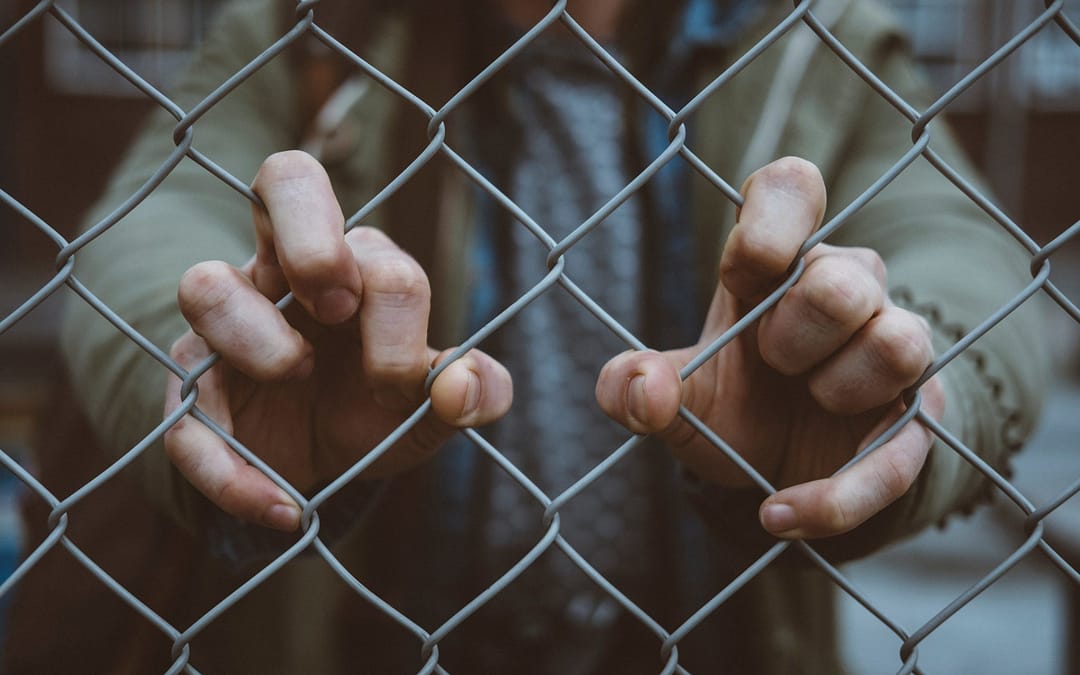This week (12/11/18 – 18/11/18) is anti-bullying week, a chance to highlight what bullying is, how we can spot the signs of bullying and how we can help victims.
What is bullying?
The Oxford dictionary defines bullying as an individual or group that seeks to harm, intimidate or coerce someone that is perceived as vulnerable. It can happen to anyone, at anytime and anywhere.
There are 4 main types of bullying:
- Verbal
- Name calling
- Insults
- Teasing
- Physical
- Pushing
- Hitting
- Kicking
- Damaging property
- Emotional
- Making threats
- Excluding from social activities
- Belittling or undermining
- Cyberbullying
- Excluding from online games, activities or friendship groups
- Sending threatening, upsetting or abusive messages
- Creating and sharing embarrassing or malicious images or videos
Impact
No matter what type of bullying someone faces, it can still have the same effect on the victims. Studies show that a child that is bullied finds it harder to concentrate on their schoolwork or homework and is likely to be scared to go into school. This can have an impact on their attendance and performance at school.
Other effects of bullying can include but are not limited to:
- Depression
- Low self-esteem
- Isolation
- Self-harm
Many of these things aren’t obvious to everyone and so there are other signs that you could look out for:
- Reluctance to attend school
- Unexplained injuries
- Changes in appearance or behaviour
- Problems eating or sleeping
Why do bullies bully?
It can be helpful to understand why people bully others, this can help stop bullying at the source. There are multiple reasons someone may bully another person:
- To feel powerful
- They are being bullied themselves
- Lacking social skills
- Not understanding how other people feel
- Peer pressure
- Wanting to impress another person
There is no excuse for bullying, but there are reasons. If we can understand the reasons, then we can help everyone.
How can I help?
Now that you know the signs and reasons, you may be thinking about what you can do to prevent or stop bullying.
If you think a child is in immediate danger, then you should contact the police on 999. If the individual is being bullied at a school, college or a club you should contact them and discuss their safeguarding policy and express your concerns. You can also contact your local child protection services or if you want more advice you can contact the NSPCC Helpline on 0808 800 5000 or by emailing help@nspcc.org.uk and one of their trained professionals will be able to help you with your concern.
You can also view our policies and procedures here.

